What Do Infectious Disease Doctors Treat
What do infectious disease doctors treat. In the clinic we help our patients manage chronic infections and protect against new disease. An infectious disease specialists practice consists of managing nosocomial healthcare-acquired infections or community-acquired infections and is historically associated with. An infectious disease specialist is a doctor who has special training in infections using antibiotics to treat infections and the effects antibiotics can cause.
Treatment for Infectious Disease Many infectious diseases can be treated by antibiotics specifically diseases caused by bacteria. Elena Beam MD. Infection control Transplant Infection General infectious diseases.
In the hospital we treat the sickest of the sick and help them survive life and limb-threatening illnesses. A subspecialty certification by the Board of Internal Medicine. Practitioners deal with infectious diseases of all types and in all organs.
Those caused by viruses can sometimes be treated by antiviral medications and diseases caused by fungi can be treated by antifungals. Some diseases however have become resistant to drugs. Infectious disease doctors also play a role in the creation of vaccines that guard against disease and stop infection outbreaks.
Infectious disease doctors have the expertise to treat people with an antibiotic-resistant infection an increasingly common issue that can complicate recovery. There is a great deal of overlap with microbiologists who specialise in infections as well although ID physicians tend to focus more clinically. They may perform a physical examination depending on the type of problem.
What is Infectious Disease. Other pediatric infectious diseases specialists are consulted for diseases that are complicated or atypical including. These can include Infections caused by bacteria viruses fungi and parasites.
An infectious disease doctor is a physician who specialises in the various infections that can affect the human body. An infectious disease doctor may also be known as an ID physician.
An infectious disease specialists practice consists of managing nosocomial healthcare-acquired infections or community-acquired infections and is historically associated with.
The role of an infectious disease specialist is to review a patients medical data including records X-rays and laboratory reports. Infectious disease doctors also play a role in the creation of vaccines that guard against disease and stop infection outbreaks. One of these specialists -- or a. What is Infectious Disease. Infectious disease doctors have the expertise to treat people with an antibiotic-resistant infection an increasingly common issue that can complicate recovery. There is a great deal of overlap with microbiologists who specialise in infections as well although ID physicians tend to focus more clinically. Two shots or one Johnson Johnson plus two weeks and you dont have to wear a mask in nearly all indoor and outdoor spaces. An infectious disease doctor is a physician who specialises in the various infections that can affect the human body. Infection control Transplant Infection General infectious diseases.
Marshfield Clinic infectious disease specialists diagnose and treat conditions resulting from all types of infections. The new rule says. The role of an infectious disease specialist is to review a patients medical data including records X-rays and laboratory reports. Treatment for Infectious Disease Many infectious diseases can be treated by antibiotics specifically diseases caused by bacteria. There is a great deal of overlap with microbiologists who specialise in infections as well although ID physicians tend to focus more clinically. Jonas Salk the virologist who invented the polio vaccine is. An infectious disease specialists practice consists of managing nosocomial healthcare-acquired infections or community-acquired infections and is historically associated with.
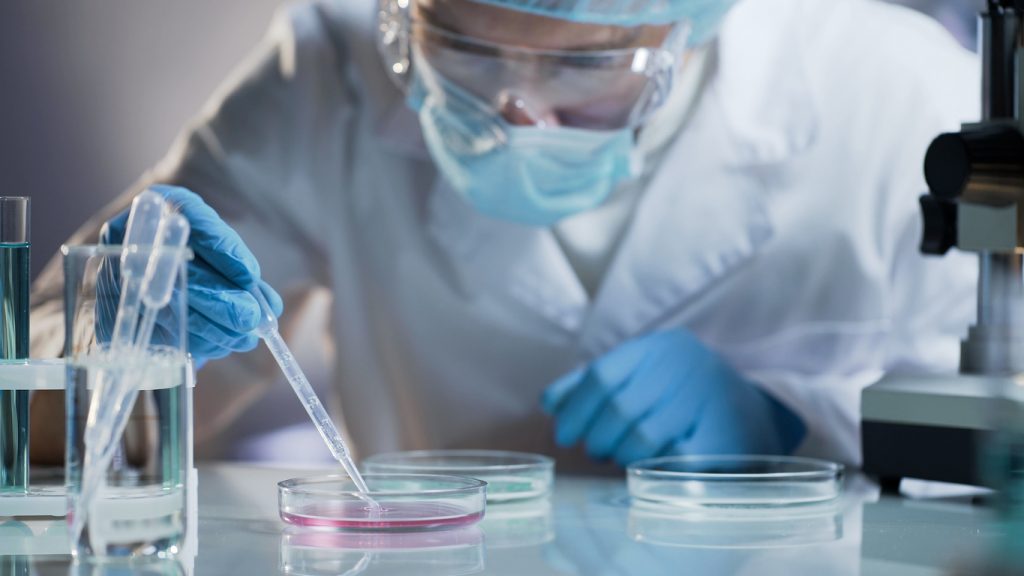
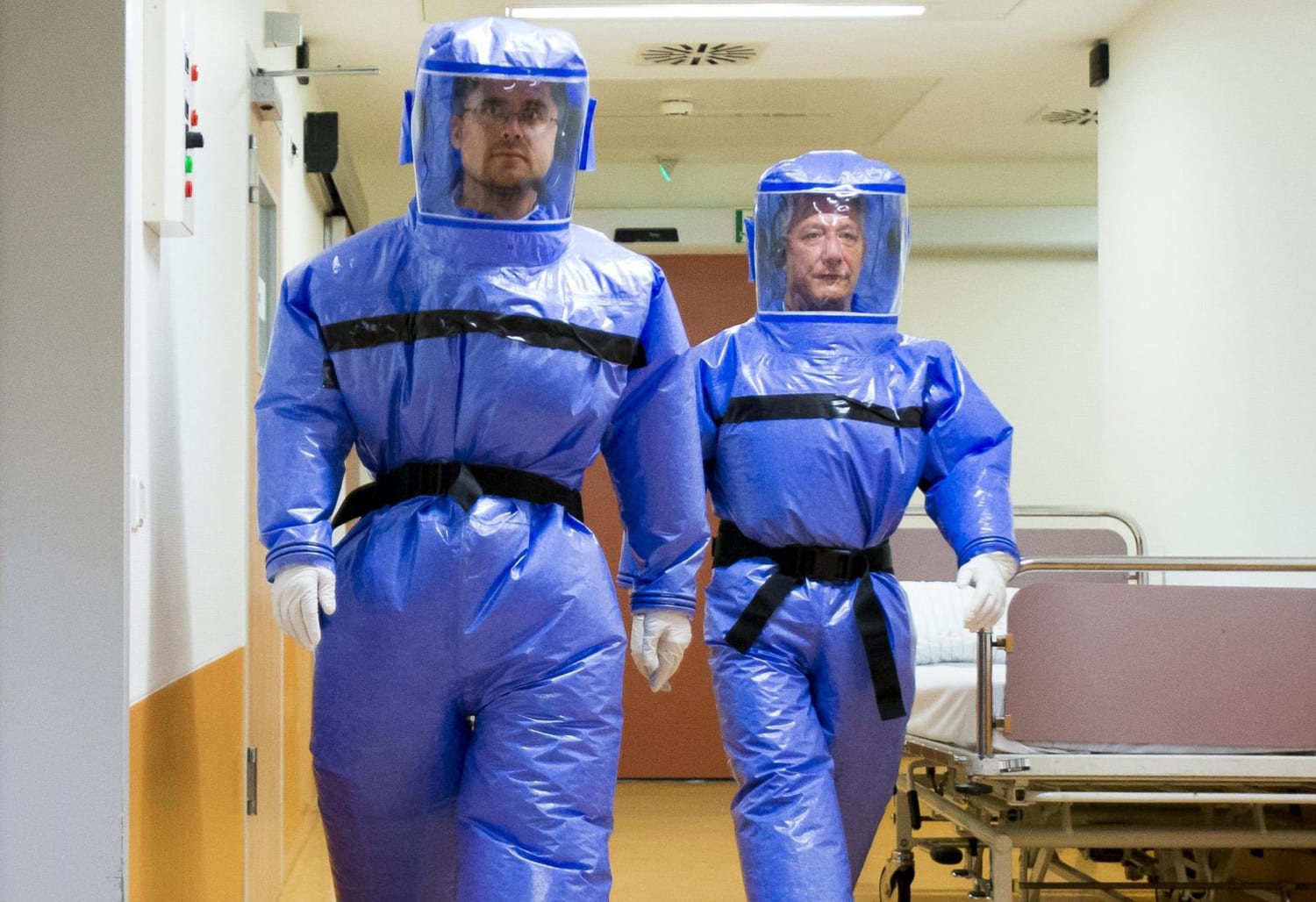
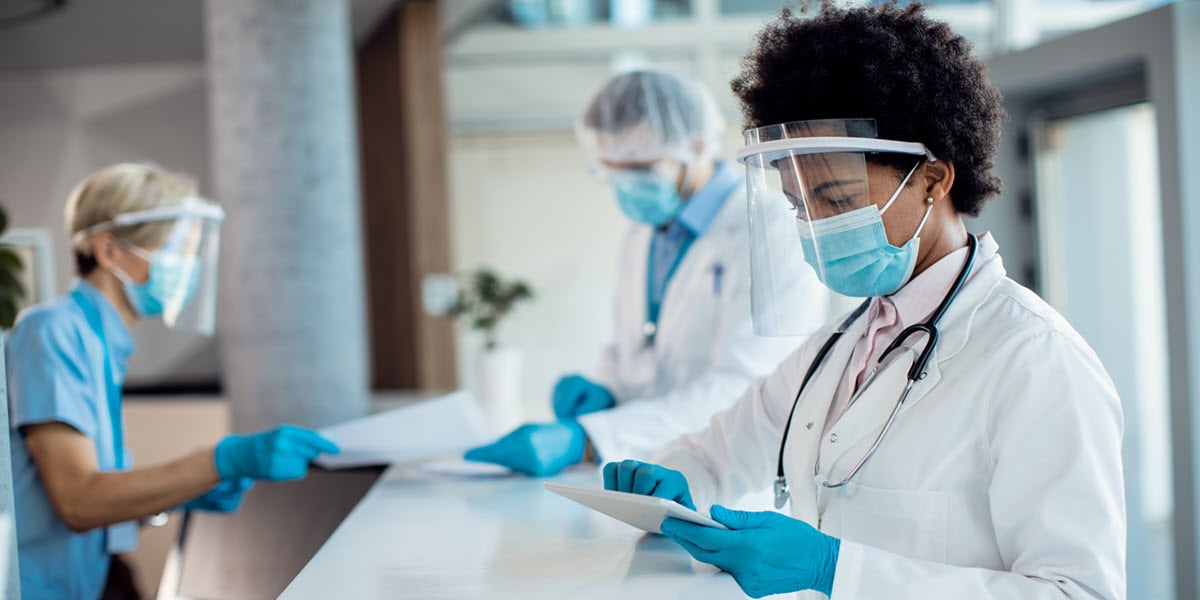
.jpg)
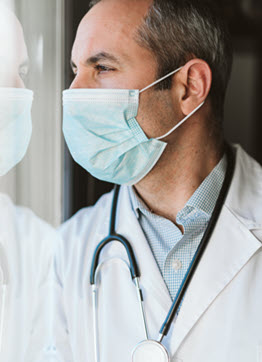





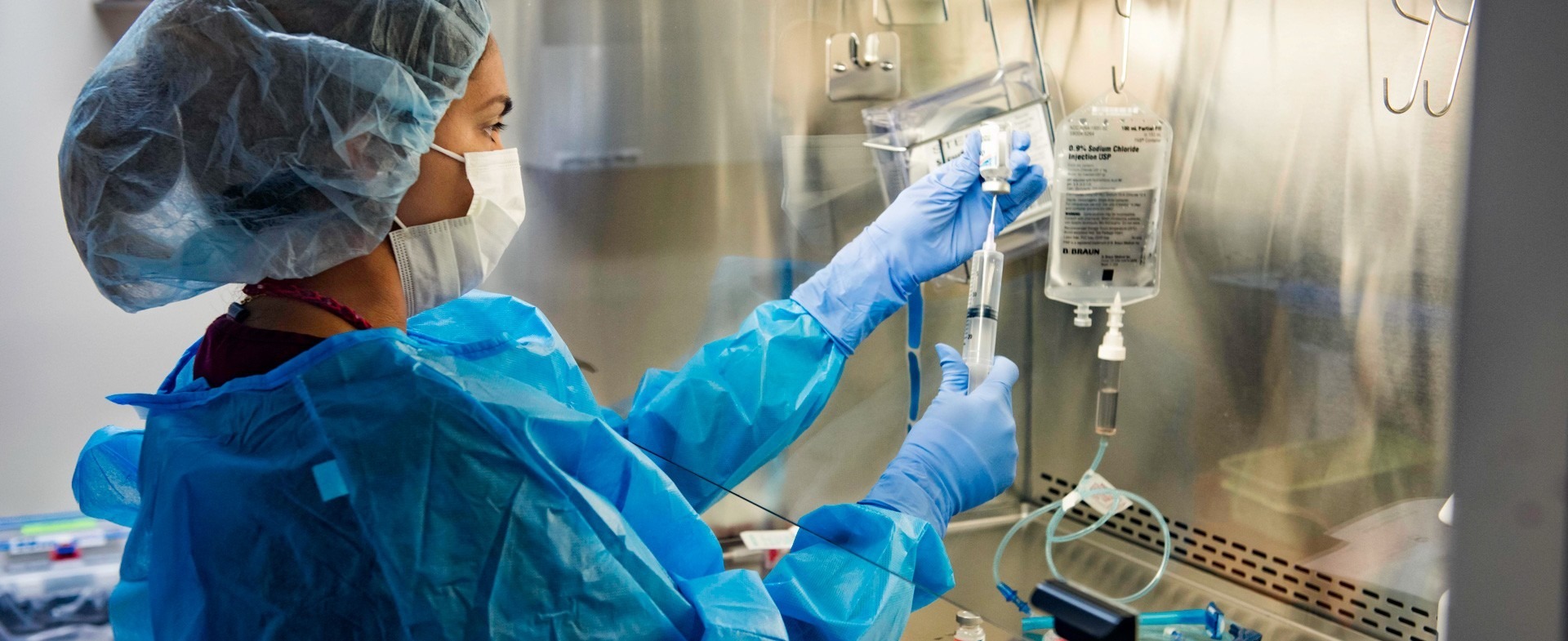


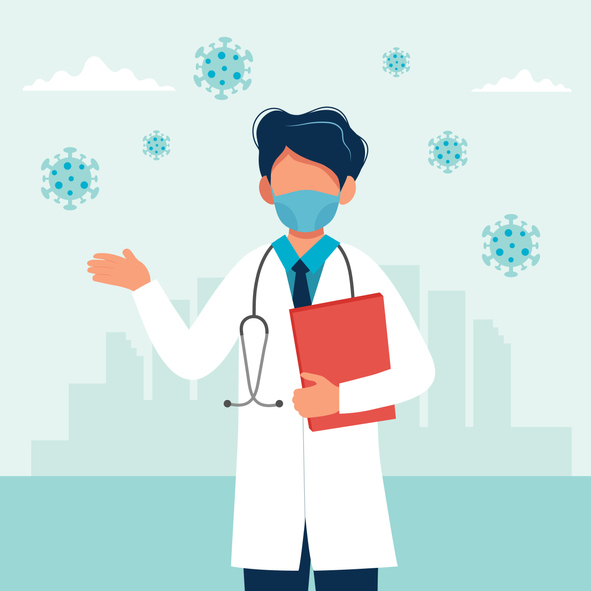



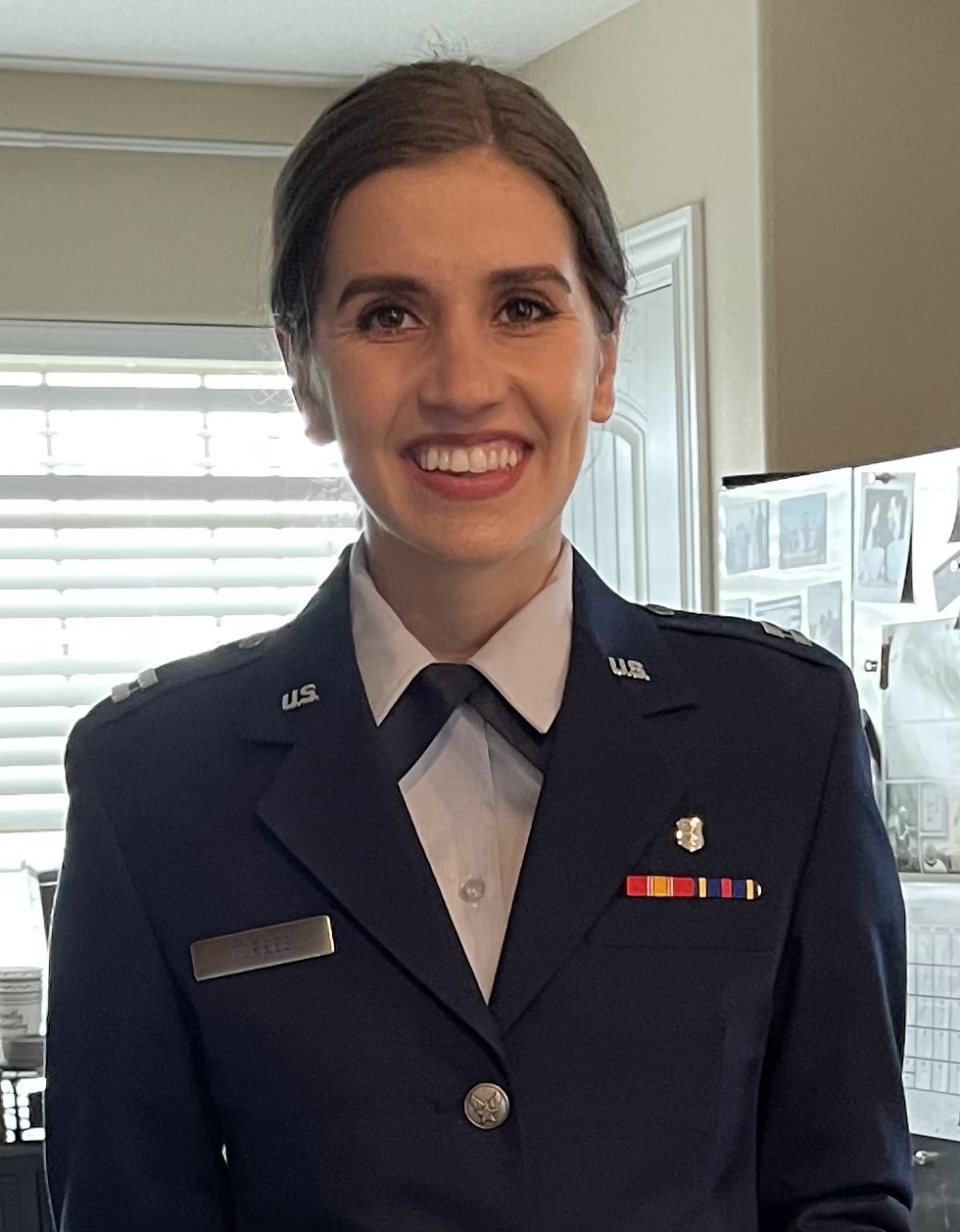
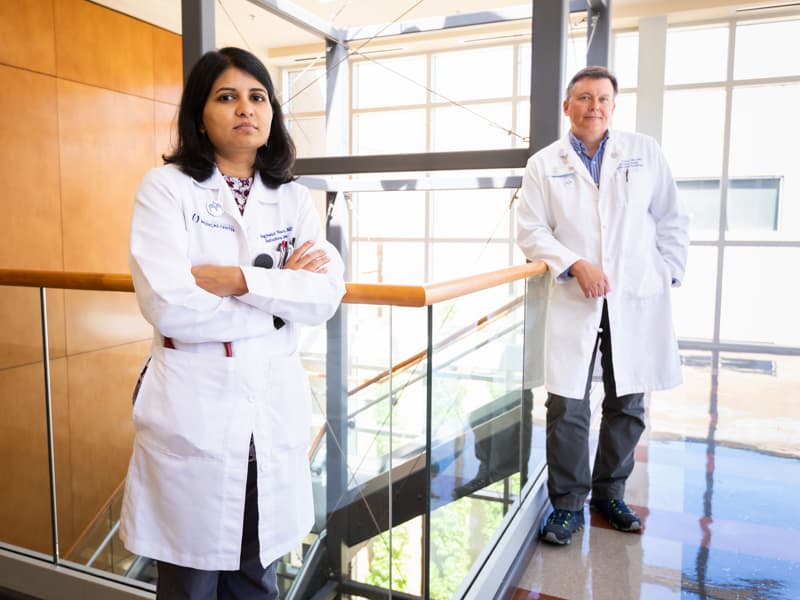

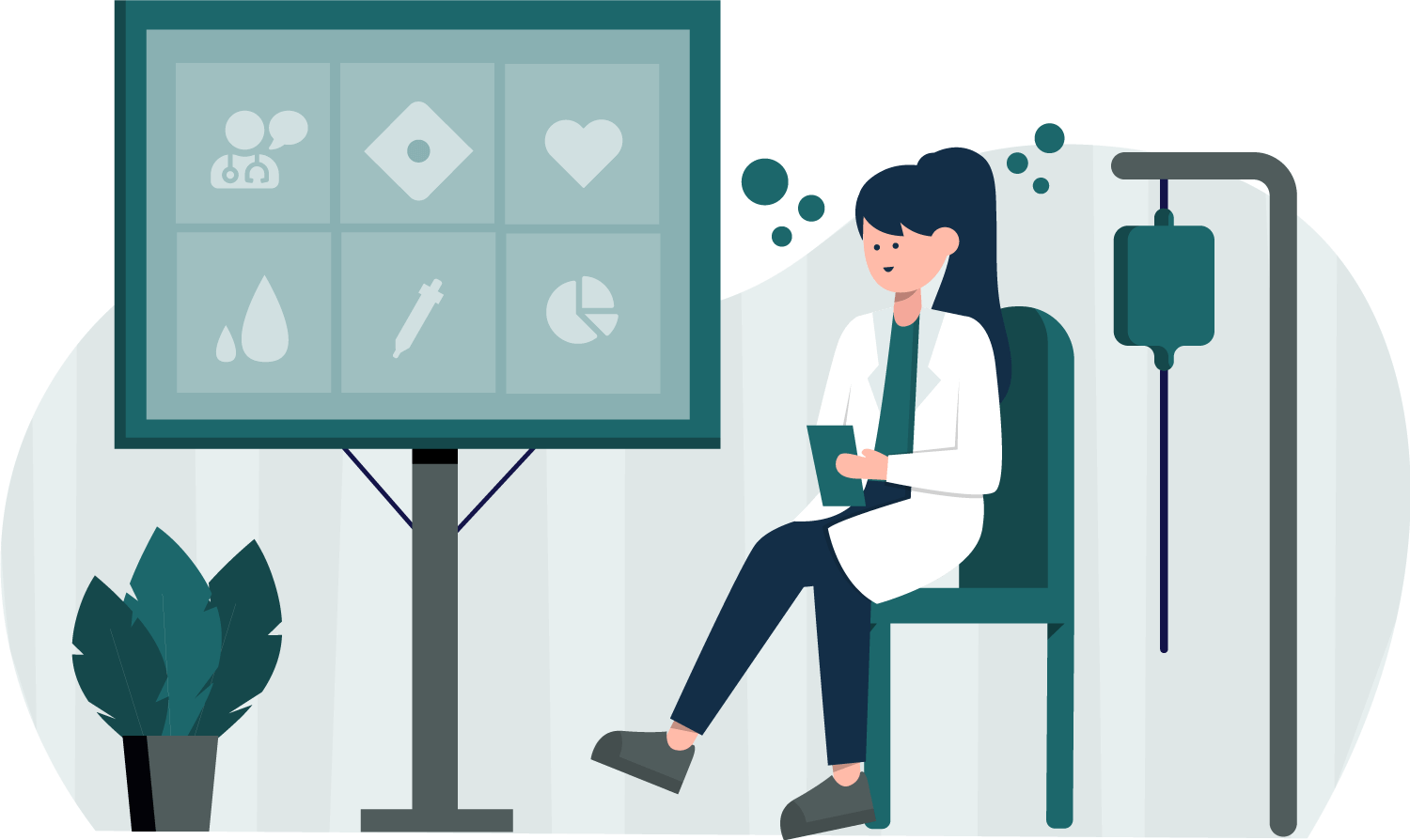
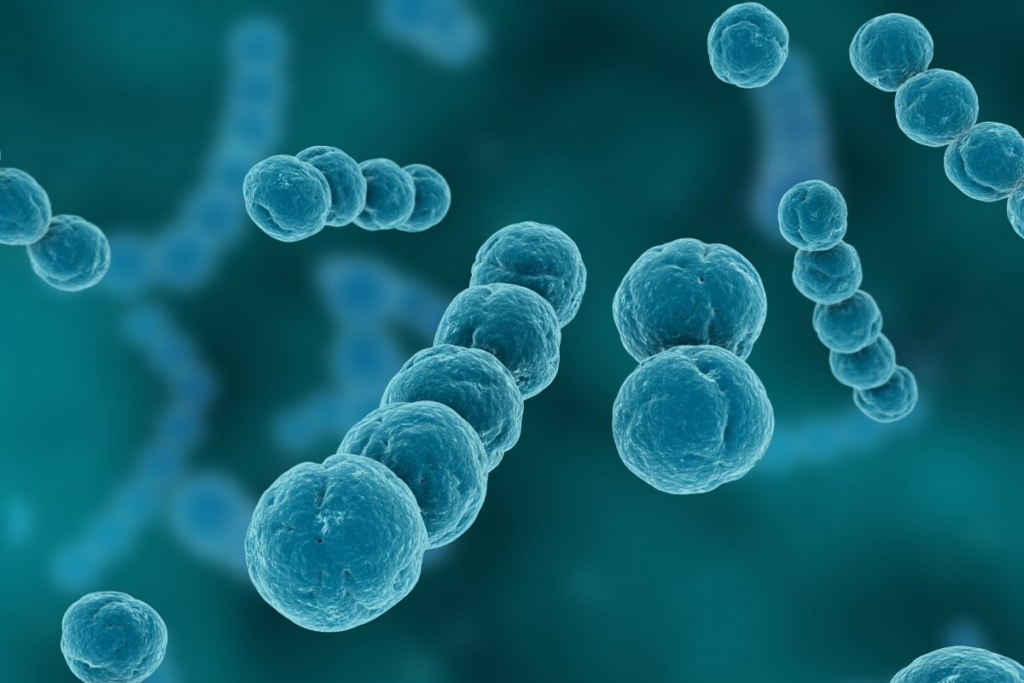



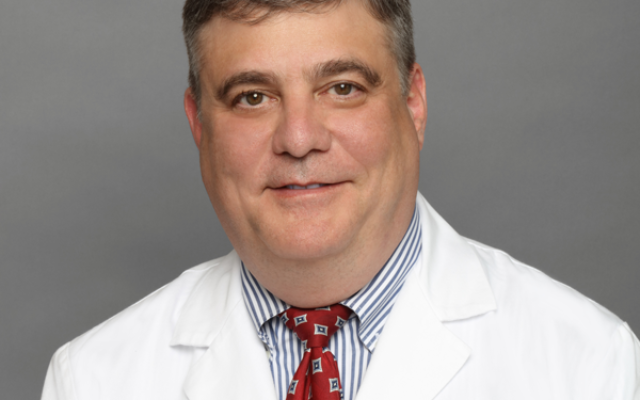
/types-of-doctors-1736311_FINAL-dc121c4f860b4bbf9b594fc018a481dc.png)















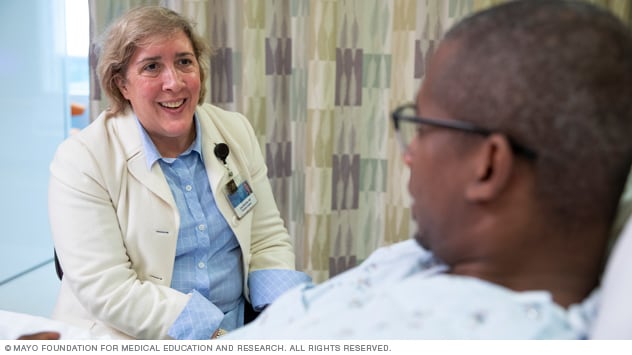




Post a Comment for "What Do Infectious Disease Doctors Treat"